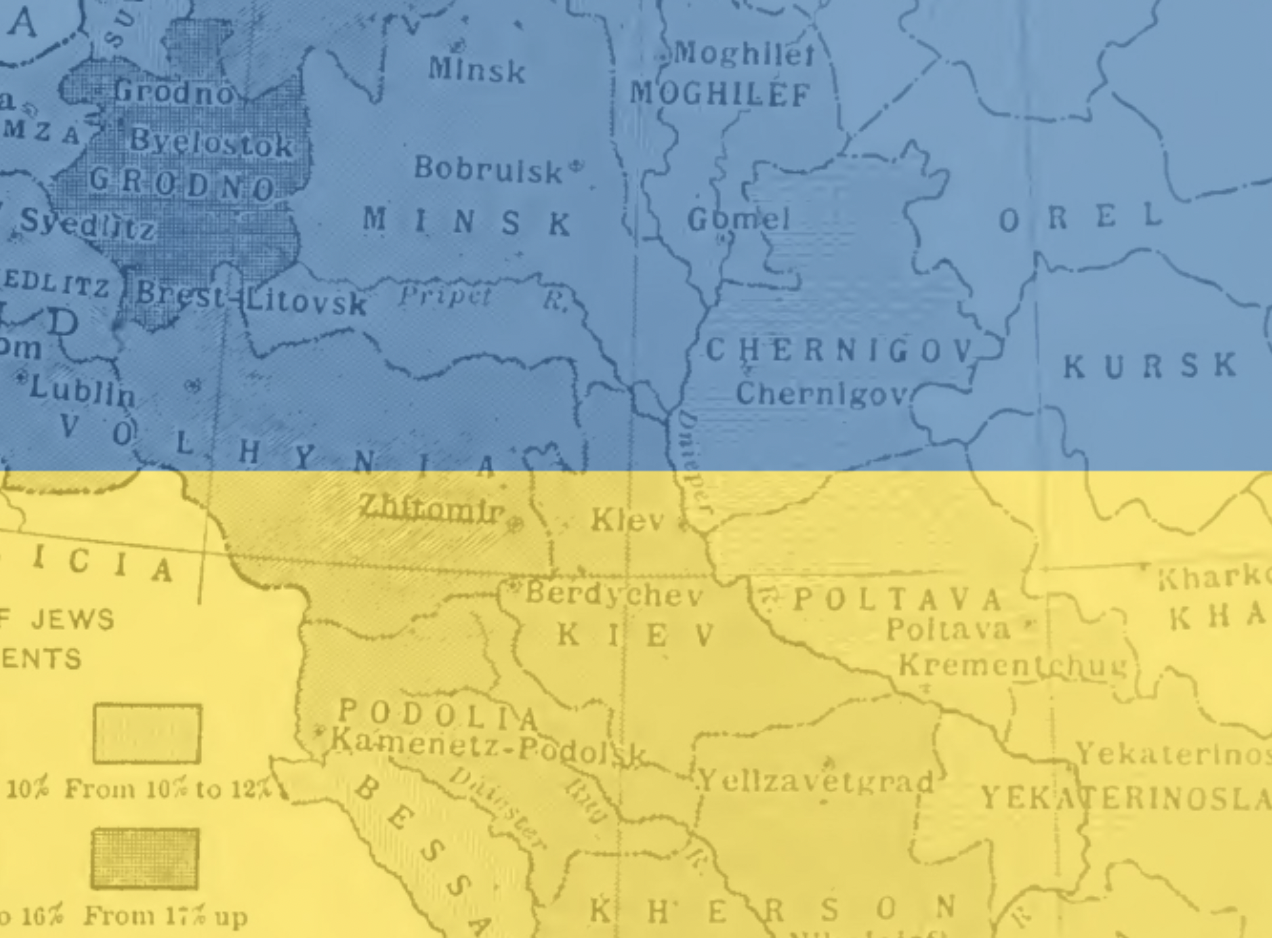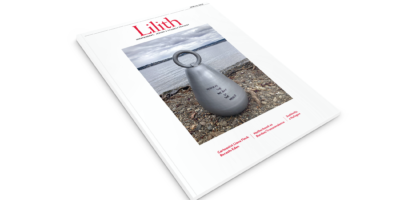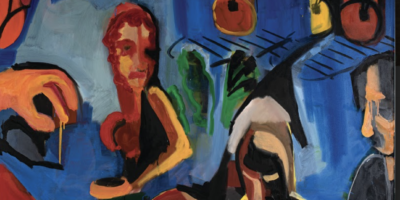
The Meaning of Russia
I think about this a lot. And I’m thinking about it again: the sprawling idea of “Russia,” the black hole out of which artists and scientists crawl against all odds and never look back, the bottomless pit of cartoonish accents and fur hats. My first language was Russian, and I don’t know what to do about it anymore. It’s the language of the oppressor of my ancestors: what does it
help me understand? It is also the language of Chekhov, Tolstoy, Dostoevsky, Yevtushenko, Akhmatova… and the best way to communicate with my parents. Think about all the Jews you know who can’t read Hebrew: it’s a bit like that but the other way around. I am not Russian, but I speak Russian. It’s a kind of nonconsensual tattoo Stalin left behind on my parents—better tattooed than dead.
And there’s nothing “Russian” about my parents: my father grew up in Belarus, and my mother grew up in Azerbaijan. These are two countries with their own languages and cultures. Furthermore, there’s nothing Belarussian or Azerbaijani about my parents, either, because their parents grew up in the Pale of Settlement… the parts that became modern-day Ukraine. Oh, and there’s nothing particularly Ukrainian about that generation because they were Jews, painfully separate and aware of the distinction. I guess you could call Pasternak Russian because he was born in Moscow, but his parents, a painter and a concert pianist, were assimilated Jews who claimed to be descendants of a Sephardic Jewish philosopher. He was baptized, later insisting that it was better for Soviet Jews to convert to Christianity than to accept Stalinist atheism. Choose between an invisible deity and a visible dictator. My mother did not write banned books, but she still walks into baroque churches with awe, tilting her head back and marveling at the space left for any God at all.
My father is a bit of a Luddite—he still doesn’t understand why people are taking pictures of their food and putting them online—and I called him the day the war began. He hadn’t heard, and he didn’t believe me when I told him. The next day, he told me with a sigh, “Russia always has a tzar.” As of eighteen days into the war, my Papa says Putin can’t win because “every Ukrainian will shoot him from their balcony.” My father’s prophecies pour out of him because they are memories: “When the Nazis occupied Belarus, a country three times smaller than the Ukraine, they had to station 6,000 soldiers there to fight the partisans. The same will happen in Ukraine. They will lose, lose, lose, until they grab a piece of something and call it a victory.”
And what about the nuclear bomb? “He’s bluffing,” Papa says. All he has to do is push a button, I counter, and Papa corrects me, “Putin pushes a button, and then a general pushes a button, and then a government official pushes a button, and then a deputy pushes a button, and then a supervisor pushes a button, and then a lieutenant pushes a button.” And you hope that, somewhere along the chain…? “Yes, maybe some person will understand that with this button he kills himself and all humanity….”
So what does he think we should do? No one wants to do anything, he says, misquoting Churchill (in Russian, of course)… something about shame in addition to defeat when you appease an aggressor. I found it in English: “We seem to be very near the bleak choice between War and Shame. My feeling is that we shall choose Shame, and then have War thrown in a little later on even more adverse terms than at present.”
And what do I think about the conflict in Ukraine? As a “Russian” or whatever it is that I am? I think most “Russians” in America left for a reason, and I pray the “Russians” in Russia are not sacrificed by the new tzar like so many before them. I think the “evil empire” that Reagan once pointed to is alive and well. And I definitely don’t think we should be boycotting Russian-sounding things; that doesn’t feel like a very helpful or truthful thing to do.
From the Lilith Blog, March 2022. Read the full article here.




